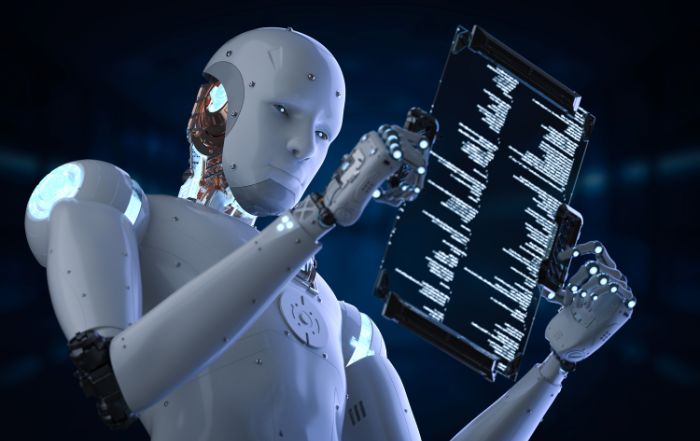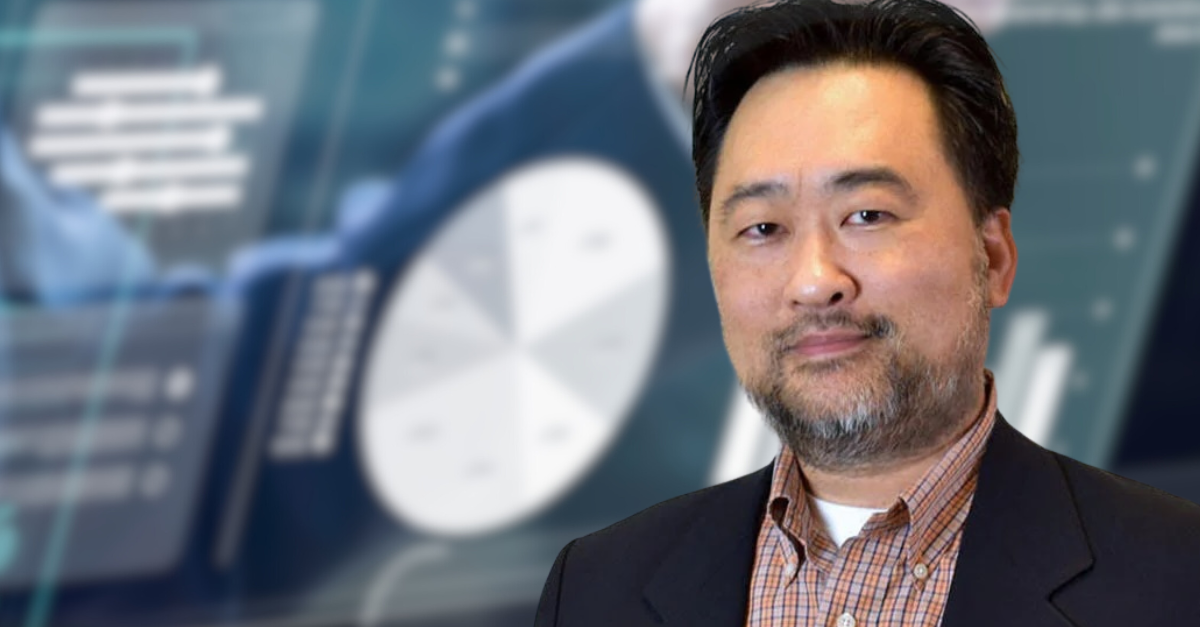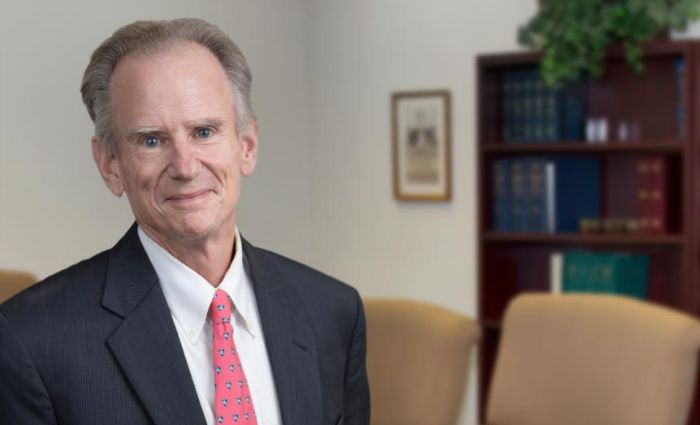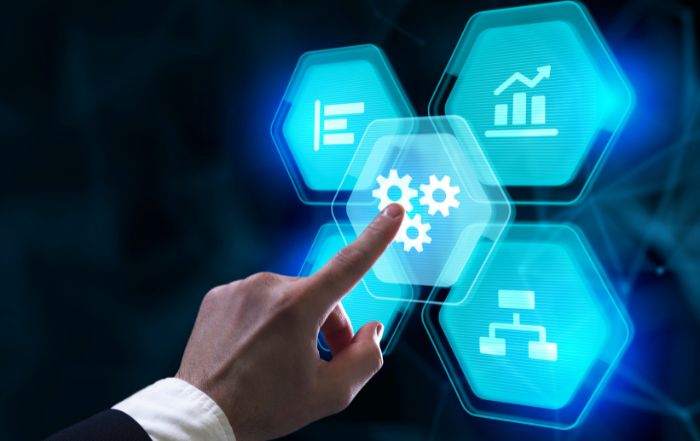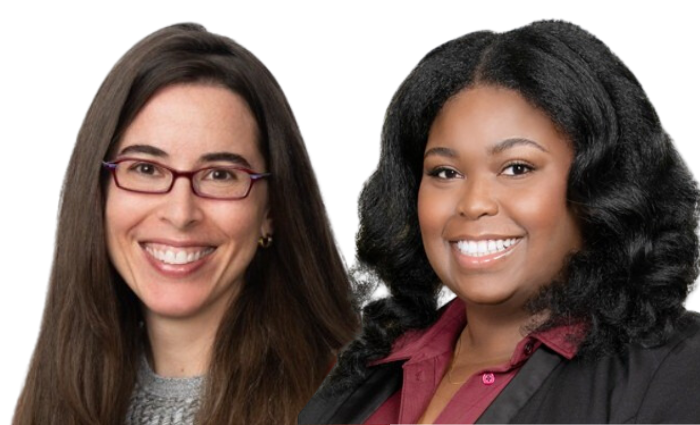Resolving Litigation with AI with Jeff Trueman & John T. Sly
Join full-time mediator and arbitrator Jeff Trueman and practicing attorney John Sly for a CLE webinar focused on enhancing your understanding of how AI can assist with your work, specifically how it can be used to handle disputes more efficiently, facilitate improved decision-making, and leverage predictive capabilities to achieve optimal outcomes in dispute resolution.

